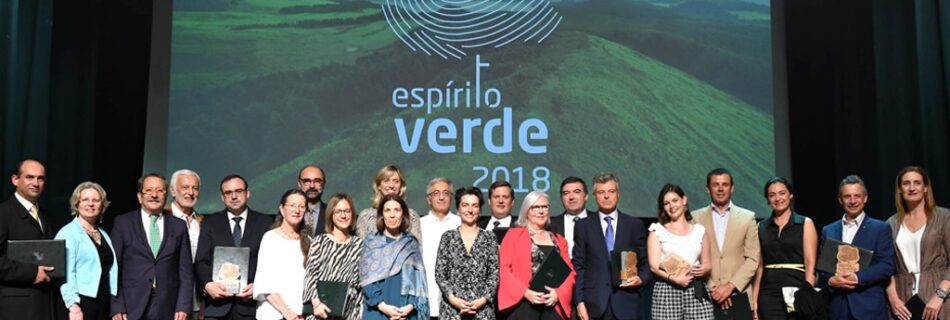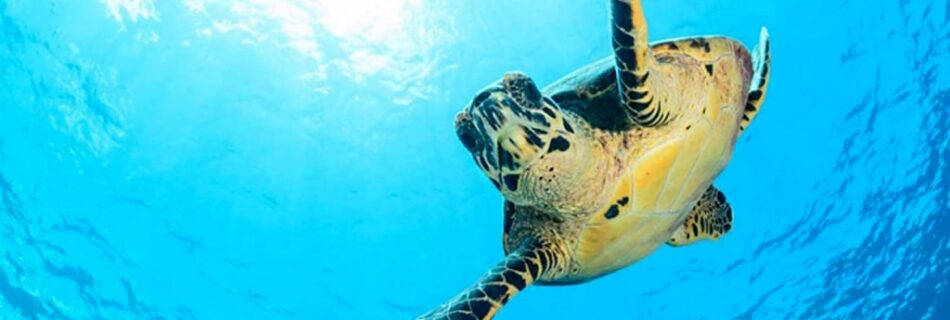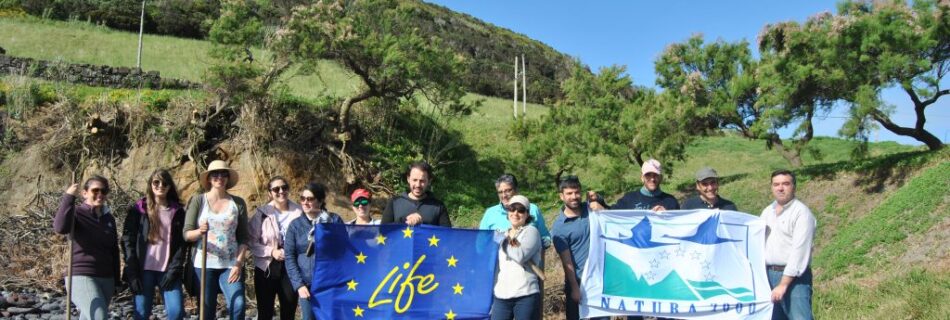“Espírito Verde” awards distinguish good environmental practices
Azorean Government has rewarded citizens and institutions that stand out for their good environmental practices. The Government of the Azores, through the Regional Secretariat for Energy, Environment and Tourism, has awarded five “Espírito Verde” awards and seven honorable mentions, marking World Environment Day, under the motto “Good examples are to follow … And to be to recognize!”. “These awards are aimed at companies, institutions and personalities distinguished by good environmental practices as well as environmental research, activism, volunteering or patronage,” said the Regional Secretary at the awards ceremony, which took place on Wednesday in Horta. For the holder of the Environment department, it is a way of “highlighting the role of citizens as an active and determining part of the sustainable development of the Azores”. The”Espírito Verde” awards embody an understanding that any practice or activity oriented towards a balanced and sustainable relationship between Man and Nature must be identified, recognized and shared,” he said.



